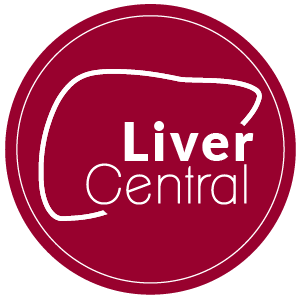Treatment Management
Hepatocellular carcinoma treatment is guided by several factors including the size of the tumor, number of tumors, location of tumor(s), overall liver function and other health factors. Every person is different and so too is each diagnosis of liver cancer. Working with their treatment team to make a personalized plan based on the cancer stage is important for every patient.
Choosing a doctor and healthcare team is an important and very personal decision. The chosen treatment plan may mean that the doctor that diagnosed the liver cancer is not the one doing the majority of the treatment. Consider working with a multidisciplinary team if possible. A multidisciplinary team is a group of health care professionals from different specialties working together to suggest a treatment and care plan based on your diagnosis, personal health, and preferences.
Physicians involved in liver cancer care may include
- Hepatologist
- Surgical oncologist
- Medical oncologist
- Radiation oncologist
- Transplant surgeon
- Gastroenterologist
- Interventional radiologist
- Pathologist
- Palliative care physician
- Other healthcare professionals involved in liver cancer care
- Oncology nurse
- Oncology social worker
- Physical therapist
- Nutritionist
- Navigator
- Transplant coordinator
- Transplant nurse
- Financial coordinator
- Psychologist
Each treatment is different and most treatments have some side effects that affect people differently. It is important to remember that while people may have some side effects from treatment, most people do not experience all of the potential side effects. Talk often and openly about what to expect for treatment and plan to manage side effects before and when they happen.
Many people do not report side effects from cancer treatment because they fear their treatment team will stop that particular treatment. This is particularly stressful if the treatment is showing success in treating the cancer. Do not hide side effects from the doctor, most side effects can be managed safely and easily so the course of treatment can be maintained.
Cancer care is both an art and a science. The treatment team will review complex clinical information, study results and their experience to help each individual patient. Helpful tools for making treatment recommendations and decisions are called guidelines. The intent of the guidelines is to assist in the decision-making process of individuals involved in cancer care—including physicians, nurses, pharmacists, payers, patients and their families—with the ultimate goal of improving patient care and outcomes.

